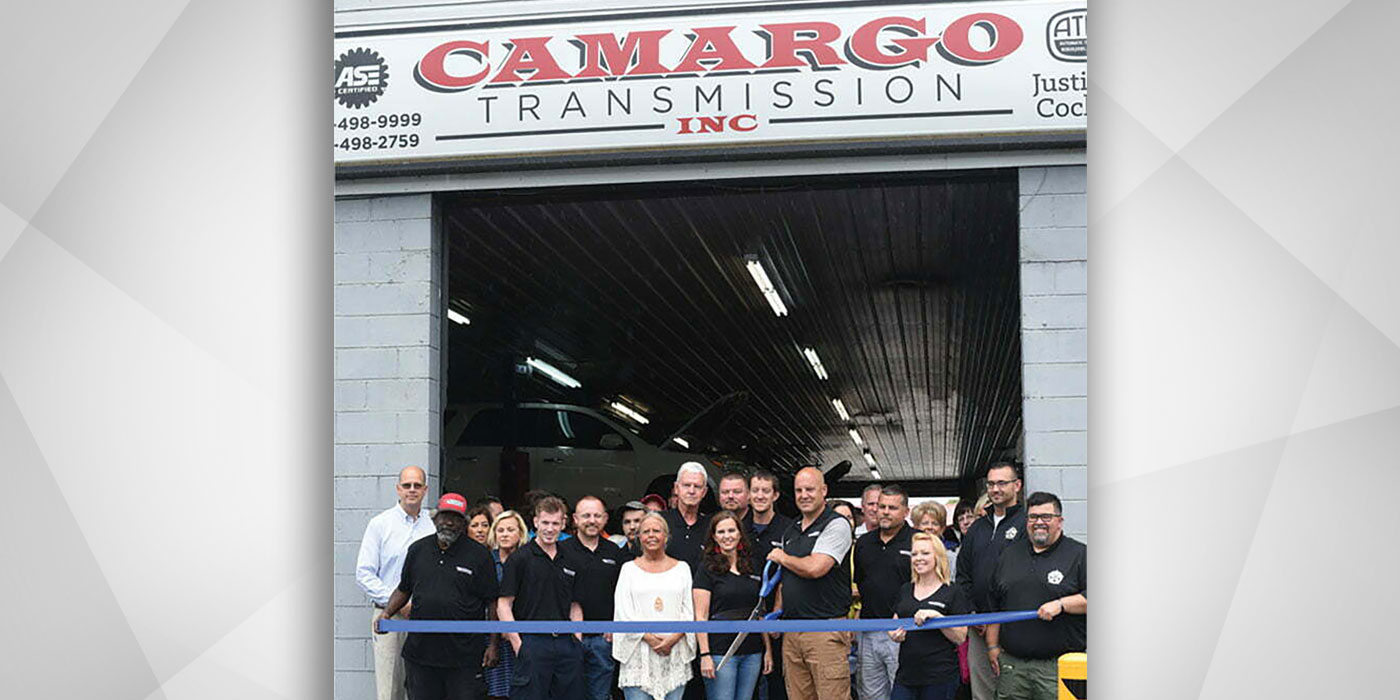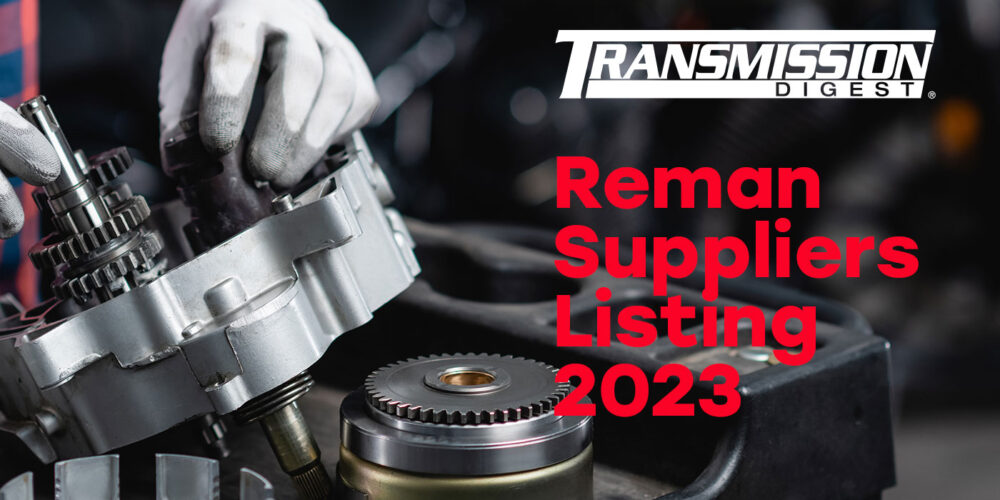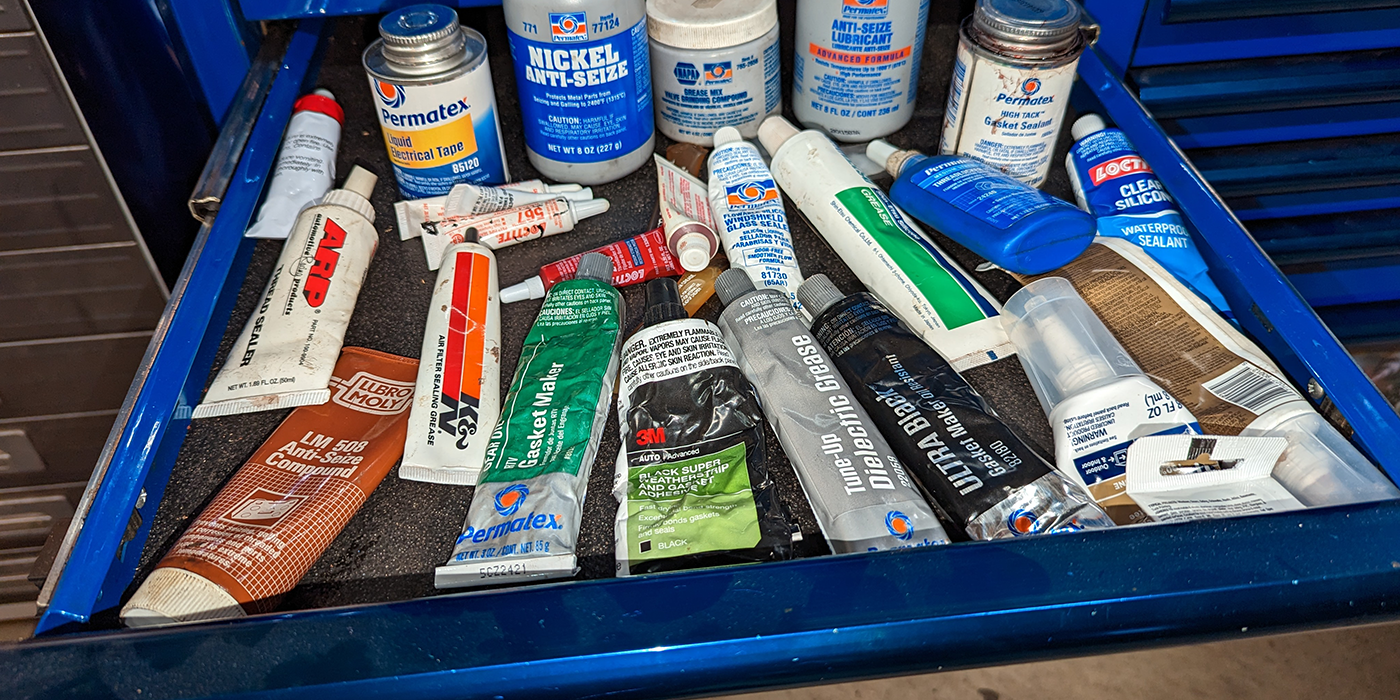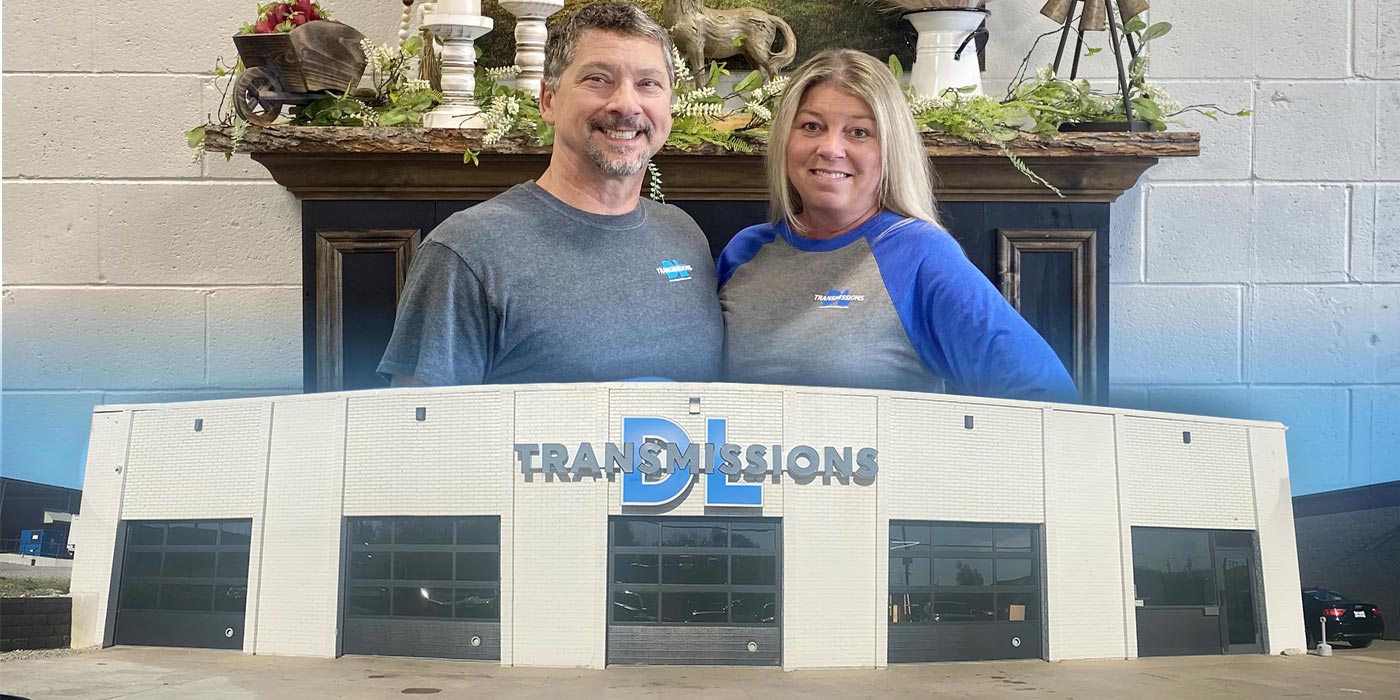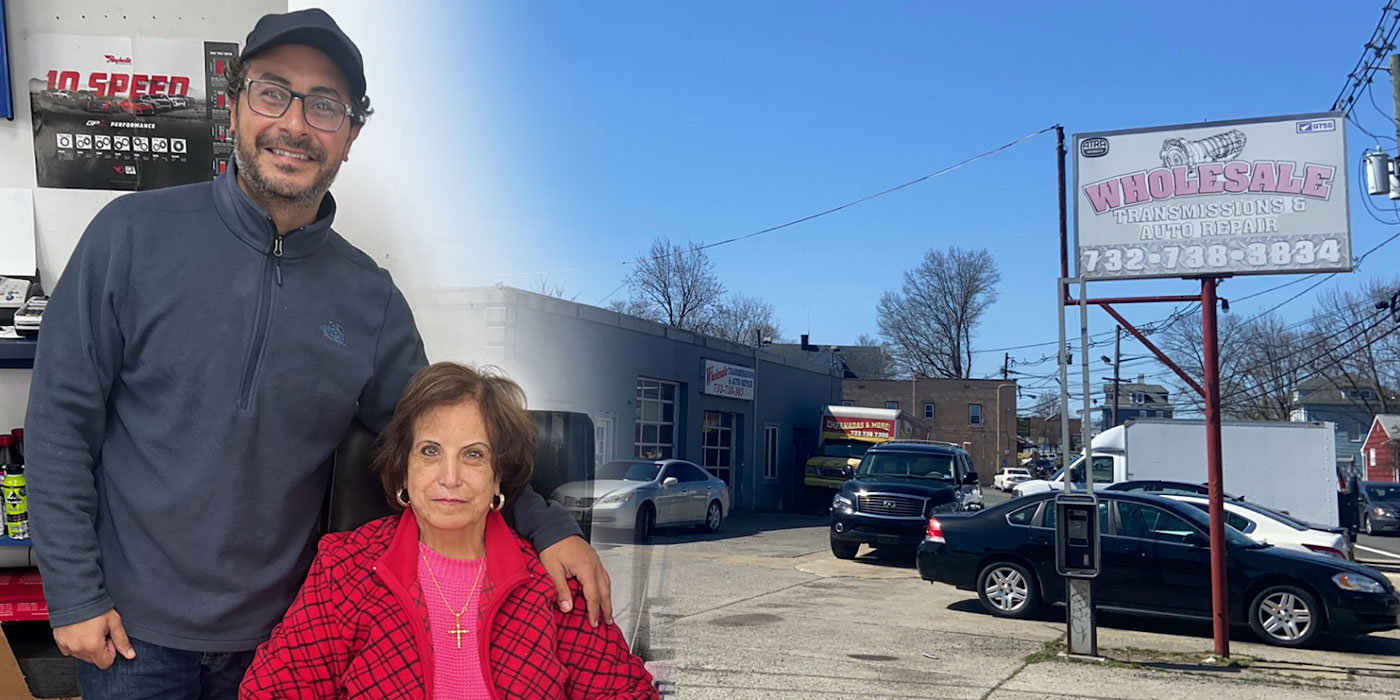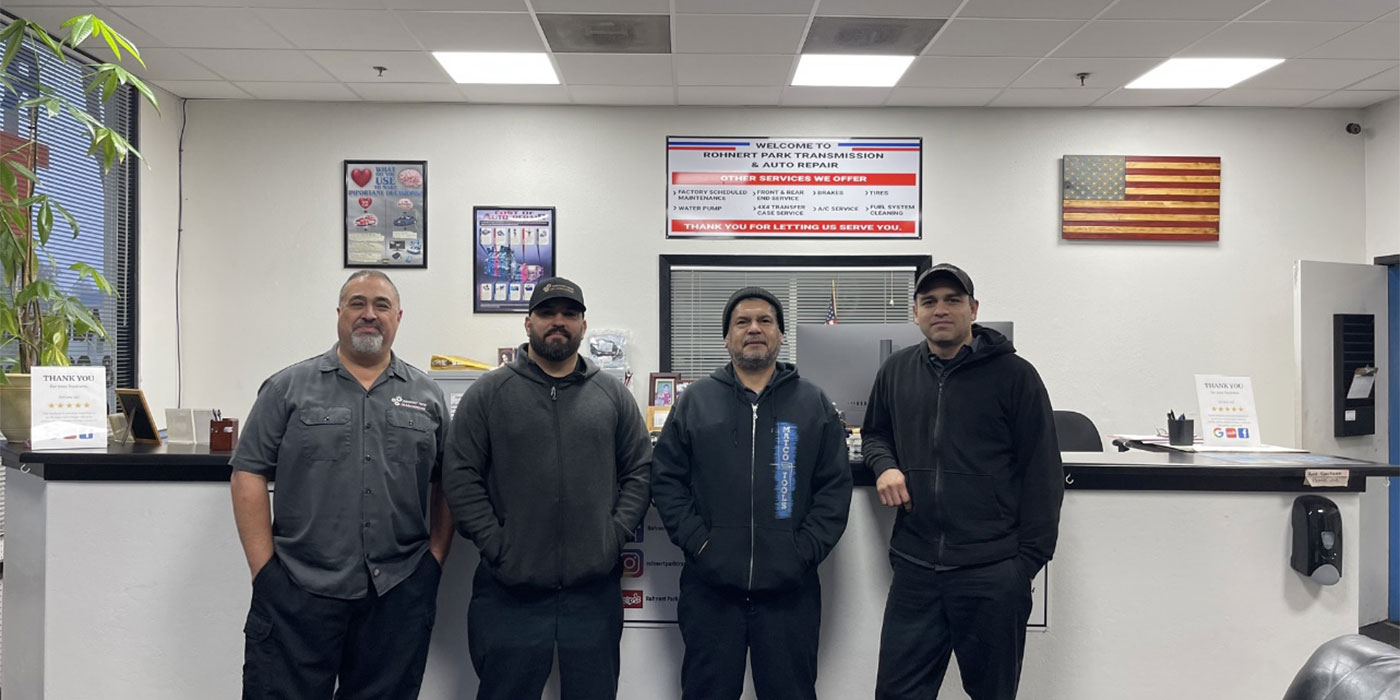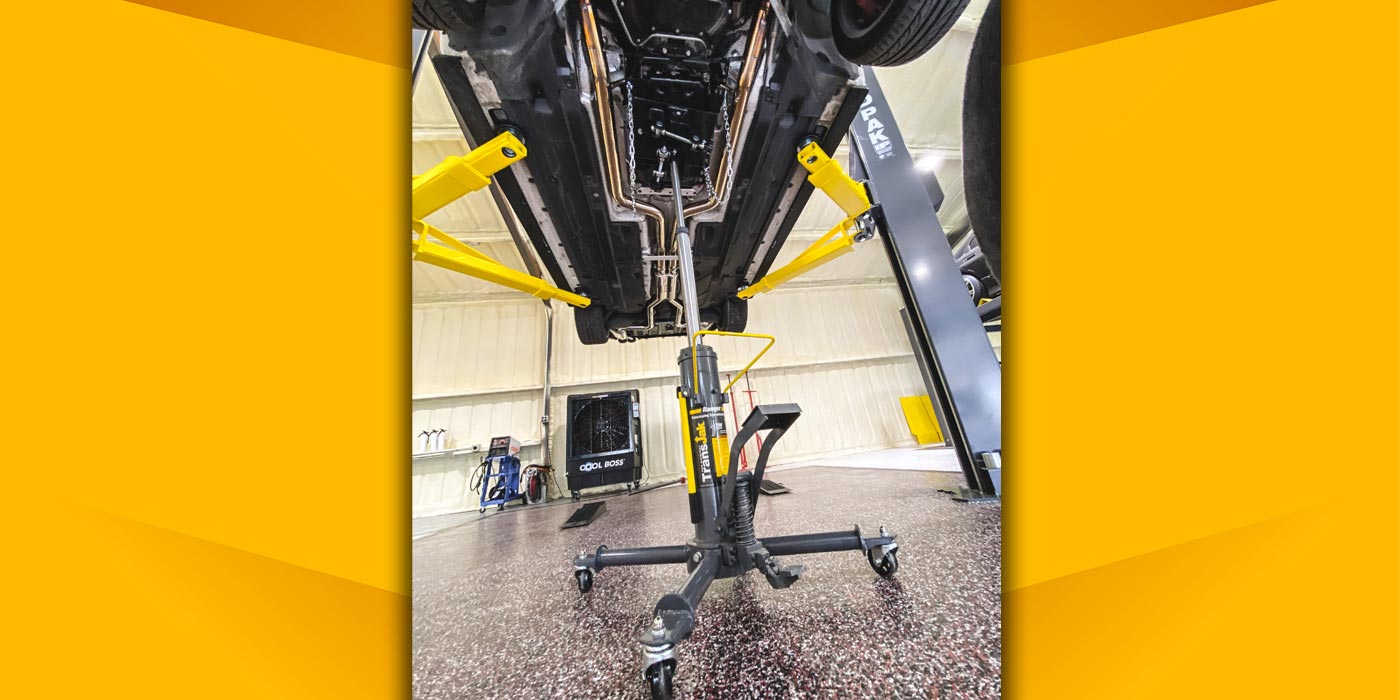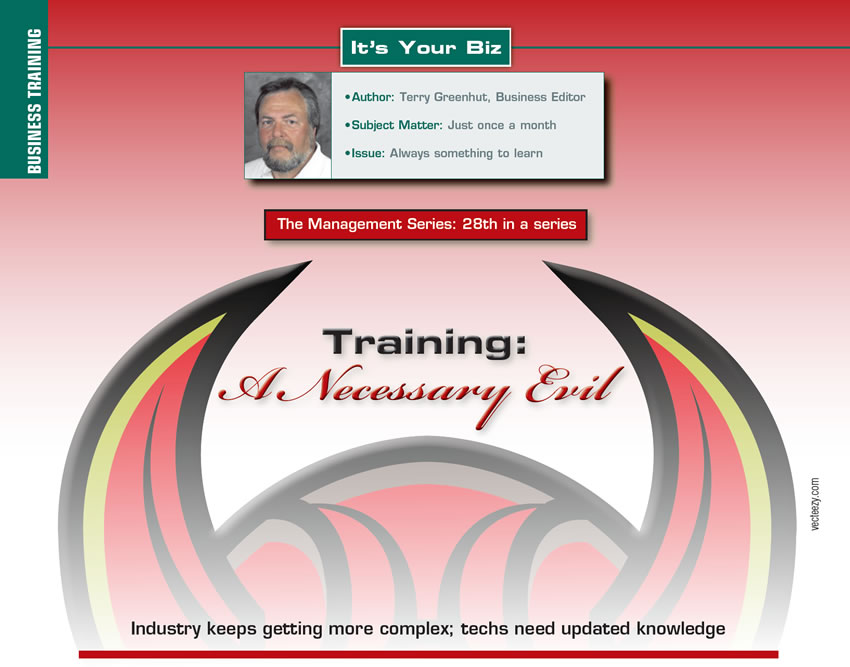
It’s Your Business
- Author: Terry Greenhut, Shop Operations Editor
- Subject Matter: Just once a month
- Issue: Always something to learn
The Management Series: 28th in a series.
Industry keeps getting more complex; techs need updated knowledge.
Why do I refer to training as a necessary evil? Because it is so necessary to the ongoing success of an automotive business, but so evil in the idea of getting employees to participate in it. For some unknown reason a high percentage of techs who have worked in the business for a few years and maybe had some previous training or picked up everything they think they need to know working in a shop, don’t feel they need or should have to attend any kind of additional training. They are not the only culprits here. Owners who don’t want to invest money in training and managers who don’t want to lose employees for a day or two while they are being trained are a big part of the problem.
A couple of decades ago I did about five years of training for one of the major parts suppliers to our industry. They have stores all over the country. They came up with a plan for training techs and service advisers in two-hour evening sessions after work. That didn’t hurt the tired employees too much and there was usually only one session per month with different trainers on varied subject matter. They even served dinner at these sessions.

Excuses
Although this was a new program and there wasn’t much other training to be had in the industry at the time, the supplier found it difficult to sign people up for the classes. They would get responses like:
- “My guys already know all that.”
- “I’m tired of paying for training only to lose employees to other shops later on.”
- “There’s no money in the budget for training.”
- “I’m afraid to send them to a class where another shop owner could meet and possibly steal them away.”
- “They’re too tired to sit in a class after working all day. They wouldn’t learn anything.”
These may all sound like valid points but they’re all nonsense.
- First of all, nobody knows all of anything. Every time I ever attended a seminar or read a book or an article written about my trade, I learned something. Even though I was considered an expert at some things, I always found there was more to learn if I was willing to open my mind. There was always someone who knew a few tricks that I hadn’t thought of that could make me do a better or faster job of something or make me more money.
- Second, the complaint of “train them and lose them” isn’t a valid reason for not sending techs or service advisers to training. Of course you are going to lose people over time; we all do. In fact, if you stay in business long enough your entire crew might turn over several times. So you just spent some money training someone who subsequently decided to leave. Does that mean you don’t spend anything to train his replacement? You have to ask yourself: “How much will I lose if my new employee makes a major mistake because he didn’t quite know what he was doing and nobody taught him?” You have to train every employee without fear of losing them because while they are working in your shop you want to get the most out of them.
- Third, “There’s no money in the budget for training.” Easily remedied; put some in. There should always be money set aside for training. It’s an integral part of any business. Trained workers do a better and faster job and are much happier than untrained people because they feel comfortable in the concept that they know what they are doing and why they are doing it. It’s actually much easier to lose untrained people because they are never quite sure they are doing the right thing and may indeed not be, which leads to frustration and the feeling that they don’t belong and should leave.
- Fourth, if another shop owner wanted to steal any of your people away, they wouldn’t have to wait for a training seminar to do it. They could contact your employees in any number of ways at any time; so not a valid point and not anything that should scare you out of training your people.
- Fifth, the idea that they are too tired to learn anything after a day’s work is ridiculous. What are they, five years old? They can surely keep their eyes open for a couple more hours after work once a month. If they went home they would probably be watching television for at least two hours anyway.

New excuses
So if the supplier was able to poke enough holes in all of the shop owners’ reasons for not sending his employees to training, he was sometimes able to get them to go. The shop would sign up for a series of different technical classes and maybe a few management ones thrown in.
The bigger problem came in the second and third years of the program. By then the owner’s excuses had changed to things like:
- “They already had a class similar to that.”
- “They say they are tired of going to training classes.”
- “They say they didn’t learn anything last year.”
Those excuses again were all nonsense. All of the instructors gave different classes in the second and third years and even if they didn’t probably 90% of the shops had some new employees who could have benefitted from the classes. Then there’s the fact that many owners only sent one or two select people to class thinking that they might learn the most and possibly pass it on (but they hardly ever did). What many owners don’t understand is that you have to let everyone learn. You can’t always tell who will make good use of the information or who will stay around long enough to use it.
Part of the job
When employees say they are tired of going to training classes, I say, “Too bad, it’s a requirement of the job.” They have to keep up to date or they aren’t worth much to the company. Owners should actually make it a requirement and be sure that all new employees understand and agree to it when they are hired.
Any employee who says he or she didn’t learn “anything” from a training seminar either fell asleep or more likely closed their minds before they ever got to the seminar. The instructors were experienced in their field, top of the line trainers who could always teach the class something they didn’t already know.
When I think about how much the industry has changed since I started in it, when the closest thing to electronics was the kickdown solenoid in a THM400 transmission with only one wire to worry about, even I am in awe of the complexity of what’s out there now. We were all spooked when lock-up torque converters and overdrive transmissions with 4 speeds came out. Today I own a car with a 9-speed automatic completely computer controlled that I would definitely have to go back to school to learn how to diagnose and rebuild. It’s a 2016 that’s about to get traded in. I’m sure the new one that replaces it will be even more complex. With new and better gadgetry coming out all the time, it’s more important than ever that techs keep up with it.

Find problems before they exist
Some techs and owners feel that they don’t need to go to training anymore because they subscribe to one or more of the tech hotlines so when they have a problem they can just call to get the answer. That may be true in some cases, but it also takes a lot of time away from working. You have to call the tech service, describe the problem to a receptionist who can only pass the information along. Then you have to wait for a call back in which you will probably have to explain the problem in more detail. If you are lucky you’ll get your answer immediately, if not you will have to wait for them to research it and get back to you, so the tech services are not the answer to everything. They are just another tool. However, some of them, such as ATSG and ATRA, give training seminars all around the U.S. and Canada that can teach how to diagnose and head off problems before they exist. That saves time and money, but you do have to open your wallet and your mind just a little bit to get the information you need.
Back in what feels like another lifetime when I was an elevator mechanic working for Otis before I got into the transmission business, we had a saying that covered pretty much everything we ran into. It was a simple one. We used to say, “Nothing is easy.” It wasn’t. Even the stuff that looked like it was going to be easy could turn the tables on you and often did. What was more helpful to us than anything else was the training school we were forced to attend. We all belly-ached because we had to trek into New York City one night every week for months to get through it but the knowledge we gained about electronics and hydraulics was priceless. I was even able to apply it in the transmission business and use it for the rest of my career.
So when you give up your time and a little bit of your or the boss’s money to attend training, it is almost guaranteed that the first time you are working on something and can apply a technique or a fix you learned in class, a little smile will come to your face because that’s when you will realize that it was all worthwhile.
The point is that there is always something new to learn so nobody knows it all. You have to be open to learning new ways of getting the job done and buying the tools and the education needed to work on the vehicles of today and into the foreseeable future.





